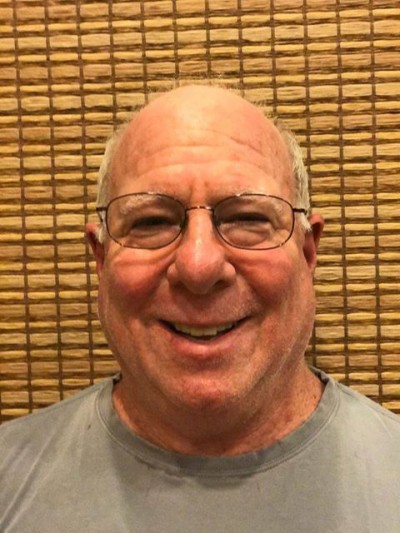I was just this side of asleep. I was lying in bed, early morning, remembering my just-waking thoughts.
I had realized two really good points regarding a thorny concept I’d been pondering for weeks. It was a breakthrough and very clarifying for me. Even at that early hour, I was pleased with myself.
As I lay there with my eyes closed but my thoughts clear, I was thinking, “Maybe I should write this down before I lose it.” But they were such clear and meaningful ideas, how could I possibly forget them? Just as I made the conscious decision to not write them down with the pen and journal that were right next to my bed, a third idea popped into my mind that was a nice complement to the first two.
What couldn’t have been more than a minute later, I rolled out of bed, only to realize that I didn’t remember those ideas of which I’d been so proud.
I sat quietly on the edge of the bed and focused, but they were gone, very gone. I was pissed off at myself for not writing them down. In a matter of seconds, I’d forgotten what had been so clear and memorable. I tried to focus on what I’d forgotten. Then I became concerned. Was there something wrong with me?
My wife rolled over, asked me what was going on, and I explained. She was understanding, comforting and reassuring. The harder I tried to remember them, the more gone those lovely ideas became. I had never forgotten something so completely and so quickly.
Then I got scared. Is this the beginning of the inexorable decline? Am I on the downhill slide? Is this the beginning of the end? And then scared became really scared.
I hadn’t felt this anxious before. The closest I could remember was when I had to force myself to walk into the courtroom to deliver the closing argument in my first murder trial. But even that was not like this scared and lost feeling. I felt, with my toe, the edge overlooking a precipice of degenerative dementia.
I sat with this feeling as I worried. For some reason, I thought of the psychiatrist Viktor Frankl quote, “Between stimulus and response there is a space. In that space is our power to choose our response.” I tried to calm myself by thinking how it’s harder on the people who love a person with dementia. That didn’t work at all. I was still scared.
I remembered my wife’s advice to let it go and eventually the thoughts would return. But it was difficult to relax. To me, in those moments, dementia was no longer a theoretical concept. I could feel it in my stomach.
In the end, my wife was right. Late the next day, after hours of angst, I remembered ever-so-lightly that third complementary thought. An hour or so later, my two breakthrough ideas popped full-blown back into my consciousness.
Intense. Sobering. Educational. Humbling. Next time I’ll write them down.

Marc Blesoff was a criminal defense attorney for 35 years, then he began facilitating Conscious Aging workshops, which has helped him melt the armor he’d built up as a defense lawyer. He’s a founding member of Courageus (formerly A Tribe Called Aging), a group of activists and thinkers trying to re-frame our culture’s outlook, policies and fears about aging and dying. Currently, he is the chairperson of the Oak Park, IL Aging-In-Place Commission.



